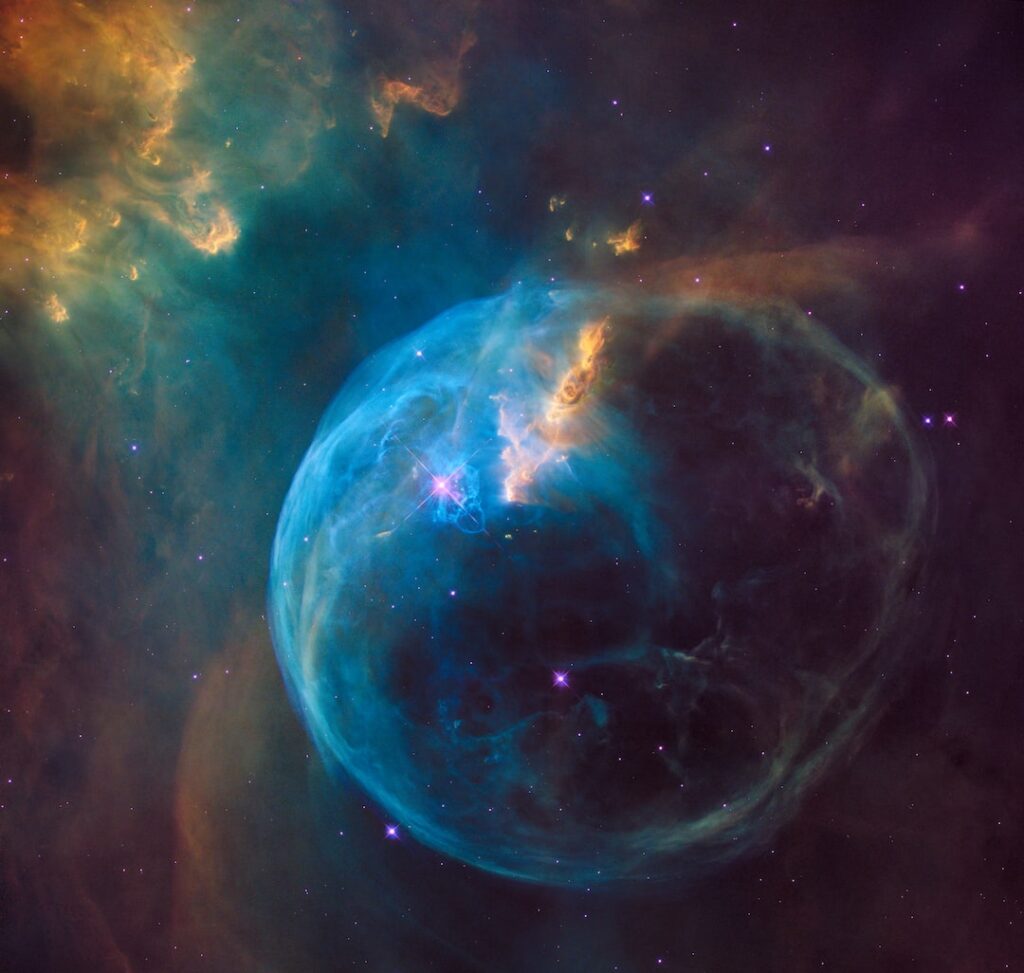Unleashing the Power of Artificial Intelligence in Understanding the Universe
The universe is a vast and complex expanse, filled with countless mysteries waiting to be unraveled. From the behavior of black holes to the formation of galaxies, there are still many questions that continue to elude even the most brilliant minds in astrophysics. However, with the rapid advancements in artificial intelligence (AI), we now have a powerful tool at our disposal that could potentially revolutionize our understanding of the cosmos.
The Role of Artificial Intelligence in Astrophysics
It’s astounding to consider the potential impact of AI in unlocking the secrets of the universe. According to surprising statistics, researchers have found that AI has already been used to analyze vast amounts of astronomical data with remarkable speed and accuracy. In fact, AI algorithms have proven to be incredibly adept at identifying patterns, anomalies, and correlations within cosmic datasets that would have been nearly impossible for human researchers to discern on their own.
AI’s Ability to Process Big Data
One of the most significant contributions of AI to astrophysics lies in its capacity to process enormous volumes of data. With the ever-increasing amount of information collected from telescopes, satellites, and observatories, traditional methods of analysis would simply be inadequate to handle such a deluge of data. However, AI systems can swiftly sift through these vast datasets, identifying relevant signals and trends that could offer valuable insights into cosmic phenomena.
Precision in Predictive Modeling
Moreover, AI’s capability for predictive modeling holds tremendous promise in simulating complex cosmic processes. By leveraging machine learning algorithms, scientists can now create highly accurate simulations of phenomena such as galaxy formation, gravitational interactions, and the behavior of celestial bodies. These simulations not only enhance our theoretical understanding of the universe but also enable astronomers to make more informed predictions about future astronomical events.
Applying AI in Daily Life for Cosmic Exploration
While the potential of AI in astrophysics is undoubtedly awe-inspiring, the everyday individual can also harness the power of AI to embark on their own cosmic exploration journey.
Using AI-Powered Apps for Stargazing
Numerous mobile applications now leverage AI technology to provide users with real-time information about celestial objects visible in the night sky. These apps use AI algorithms to identify stars, planets, and constellations, allowing users to gain a deeper appreciation for the wonders of the cosmos right from their own backyards.
Participating in Citizen Science Projects
Citizen science initiatives, which engage the general public in scientific research, often rely on AI to analyze data contributed by volunteers. By taking part in these projects, individuals can actively contribute to our understanding of the universe while simultaneously gaining hands-on experience with AI-powered data analysis.
Supporting AI Research in Astrophysics
For those passionate about space exploration, supporting organizations and institutions at the forefront of AI-driven astrophysics research can make a tangible difference. Whether through donations or advocacy, every contribution can propel the development of AI technologies that will ultimately unravel the deepest cosmic mysteries.
In Conclusion
Artificial intelligence has undoubtedly emerged as a game-changer in the field of astrophysics, holding the potential to transform how we comprehend the universe. As AI continues to evolve and integrate into our daily lives, the opportunities for unlocking the mysteries of the cosmos are more within our reach than ever before. By embracing AI and exploring its applications for cosmic exploration, we can all play a part in unraveling the enigmatic beauty of the universe.












